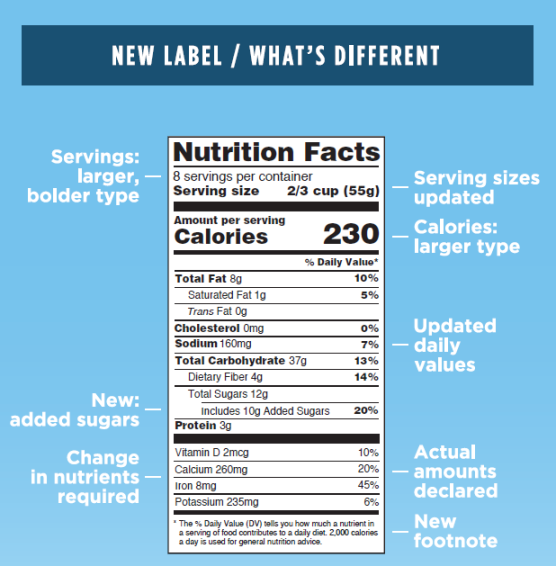
What is a plant-based diet?
Plant-based diets emphasize nutrient-dense, whole plant foods such as fruits, vegetables, grains, legumes, nuts and seeds, and minimize highly-processed foods, added sugars, sodium, artificial colors, food additives, and non-nutritive sweeteners. A predominantly plant-based diet may occasionally include small amounts of meat, poultry, fish, dairy and eggs, while a 100% whole-food, plant-based diet would not include any foods sourced from animals, including honey made by bees.
Read more

